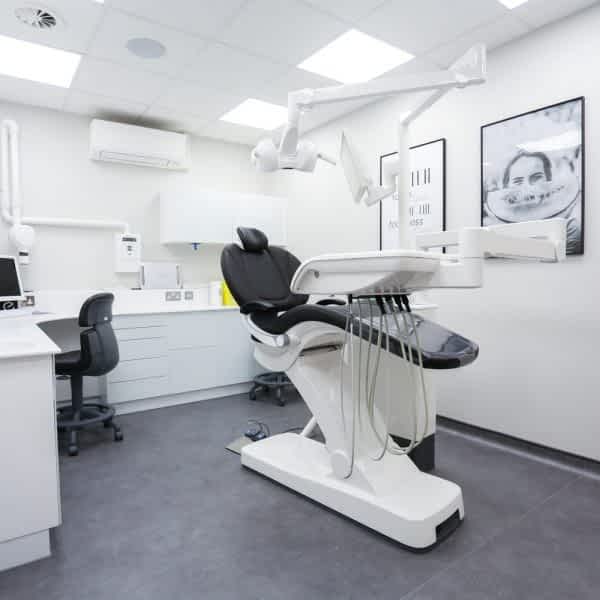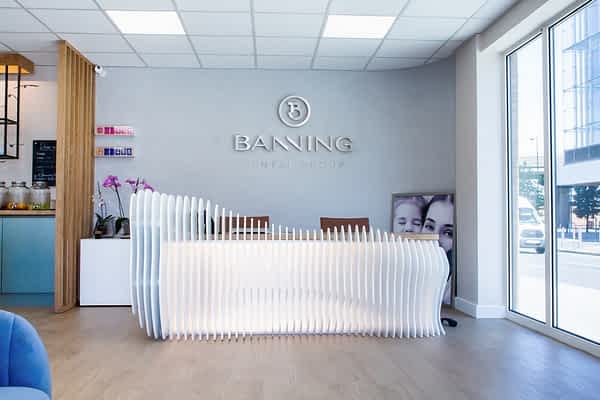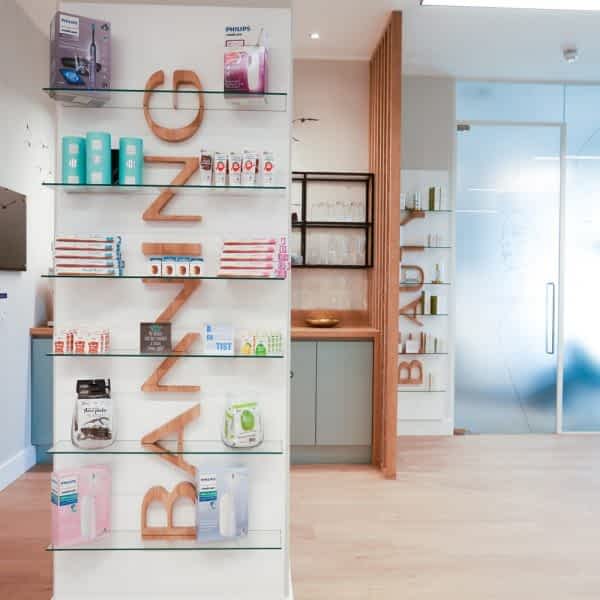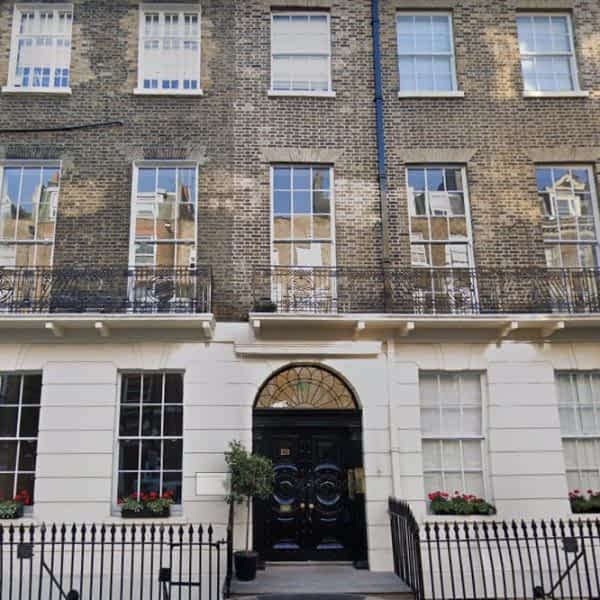The Worst Alcoholic Drinks for Teeth: Make better choices this Christmas
It’s coming up to that time of year where overindulgence is inevitable. Despite our best intentions and careful abstinence throughout the year, Christmas is a time when we throw caution to the wind and treat ourselves with all the goodies we have tried our best to avoid during the previous 11 months. This often means an over-consumption of rich, sweet and acidic foods and drinks. Those delicious, tasty delights, washed down with boozy Christmas cheer are some of the key characteristics that make it ‘the most wonderful time of the year.’
However, we know this indulgence comes at a cost. As we jingle all the way through the month of December, the waist-line expands, the handovers blur from days into weeks and we wake up on the first of January feeling guilty, miserable and gluttonous, wondering what on earth we have done to ourselves. We are all too familiar with the ‘New Year, New Me’ phenomenon. We attempt to reverse the damage done to our bodies, during Christmas to be leaner, fitter, healthier versions of ourselves in time for summer. What many do not consider however, is the damage that is done to our teeth during this time.
It would be unrealistic, not to mention downright difficult to expect that you can successfully abstain from all the pleasures of the festive season. After what has been a particularly challenging year, we are all looking forward to spending time with our nearest and dearest and letting our hair down to relax and unwind. Unfortunately, alcoholic drinks are not kind to our teeth. Our mouth is on the frontline when it comes to our ingestion, receiving the full force of the extra sugars and acids that make their way through our body. It’s easy to forget that alcohol is absolutely loaded with sugar, and we’ve learnt from an early age, what sugar does to our teeth.
We don’t want to be a party pooper so, before popping those corks and diving head first into your favourite tipple, here is a run down of some of the worst alcoholic drinks for teeth. Hopefully this helps you make some better choices this Christmas and avoid any nasty dental surprises in the New Year.
What are the worst alcoholic drinks for teeth?
The key measures in gauging the worst alcoholic drinks for teeth are sugar content and pH levels. Sugar content, allows bacteria to thrive, leading to a buildup of plaque, which of course is no good for our oral health. In terms of pH levels, the lower the pH a beverage contains, the higher acidity it has. It’s the acidity that will cause damage to your teeth, by gradually wearing away at the enamel. Your mouth in ideal conditions should maintain a balanced, neutral pH level of around 7. It can drop below 7 if you are consuming food and drinks with a high level of acidity i.e alcohol.
Another factor to consider here is saliva production. Alcoholic drinks are well known for drying out the mouth, starving it of saliva. Saliva is key to keeping plaque at bay to avoid gum disease and tooth erosion.
So imagine a month long binge of boozy beverages. The mouth has been subject to high sugar content, high acidity and low levels of saliva before you have even thought about reaching into the Quality Street tin. Some alcoholic drinks are worse than others however, so here’s some to watch out for.
Malibu & Coke
It may give you that nostalgic feeling of tropical holidays, but Malibu alone is shockingly high in sugar content. When mixed with coke you are massively increasing the odds of inflicting some serious damage to your teeth. With a pH level of 2.5, this is a highly acidic, enamel eating cocktail and one you’d be best off leaving. In general, if you are thinking of hitting the top shelf spirits, you are better choosing from the clearest of the liquors.
Whiskey & Coke
Despite being used as an old wives tale as a cure for toothache, whiskey has high levels of acid and with its dark colouring, offers a greater risk of staining. You might spot a theme here with the addition of the coke mixer. In many cases, it’s the mixer that you chose to go with your alcohol that sends your pH levels into an acidic frenzy. Whilst you might consider that the diet or sugar free alternatives are a better choice for your teeth, they are still highly acidic, so do not resolve this problem. This is why Whiskey & Coke is considered one of the worst alcoholic drinks for teeth this Christmas, as well as any other time of the year.
Cider
Cider has made something of a resurgence in recent years, going beyond its traditional scrumpy roots and now diversifying into a range of fruity flavours. Sadly, due to the high quantity of sugars used in fermentation as well as the acidic nature of the apples as well as any additional fruit infusions, it’s not a great choice for your teeth. When compared pint for pint to regular lager, cider comes out worse on every measure.
Vodka & Cranberry
This pretty little concoction may give the impression of being a healthy choice and there is no doubt that cranberry juice does have its own medicinal properties, but this does not apply in the area of dental health. Vodka certainly isn’t the worst of the spirits and may well help to kill some nasty bacterias. However, it doesn’t benefit from being mixed with this bright berry juice. Cranberry is a terrible stainer and its juice often carries more sugar than a can of fizzy drink. If you are going for a Vodka based drink, you need to carefully consider your mixer.
White Wine
Whilst not quite at the same levels as cider, wine, especially White White is basically an acid and sugar cocktail dressed up in a posh glass. There is some evidence to suggest balancing your white wine intake with neutralising influences like water or cheese for example can help to reduce the acid erosion. Also, having wine with your meal gives your teeth a better chance of survival as it will encourage saliva production which helps neutralise the acid. If wine is your choice of drink, try to mix up your sips of wine with sips of water to minimise the potential damage.
If these are the worst alcoholic drinks for teeth, what should I drink this Christmas?
As the old saying goes, everything in moderation. This is exceptionally difficult during the silly season when everything is done in extremes! There are a few tipples however which could be seen as a better choice than the aforementioned beverages.
- Red Wine
Whilst Red Wine is notoriously bad for staining, research concludes that Red Wine can stop bacteria from attaching to your teeth, thereby reducing the risk of gum disease and tooth decay. - Gin
Gin has low acidity and no sugar, making it one of the best options for healthy teeth this season. Be careful to opt for a low sugar, low acid mixer to enjoy a guilt-free guzzle. - Vodka
Vodka is a clear spirit, so doesn’t cause concern for staining. It can also kill off the bacteria which can cause bad breath. If served with a acid neutral mixer like soda for example you are definitely improving the odds for your oral health. - Beer
Due to a high water content and a lower acidity level compared to other alcoholic beverages, Beer is not the worst alcoholic drink for teeth. There are even suggestions that a beer with high hop content can help deter the formation of plaque, thanks to its antibacterial properties.
It would be wrong to suggest that these beverages are great for your oral health, but they certainly aren’t the worst alcoholic drinks for teeth. The best thing you can do this Christmas for your teeth is to start the festivities with great oral health and make conscious decisions about your consumption to see you through to the New Year. Give your mouth a pre-Christmas MOT and make sure your oral health doesn’t interfere with you enjoying this magical time of the year.










